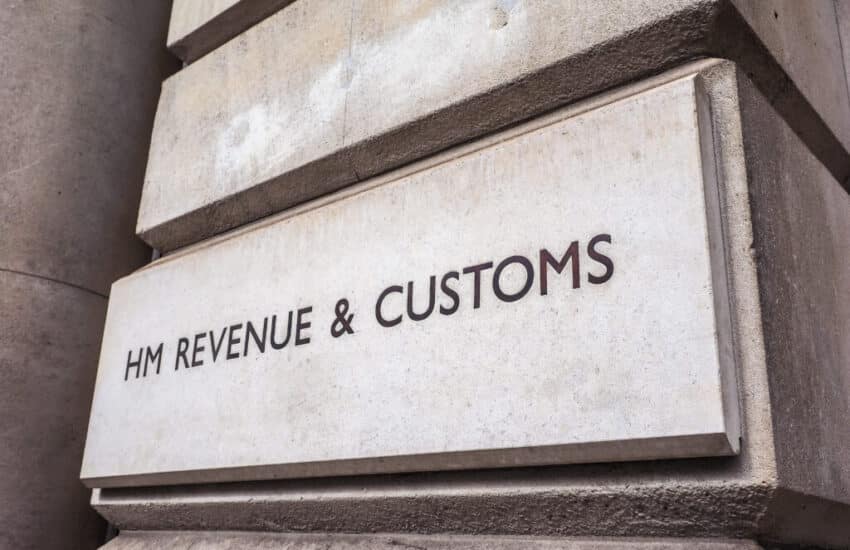HM Revenue and Customs (HMRC) has swiftly reversed its decision to close its self-assessment telephone helpline for half of the year, following significant public backlash.
Originally, HMRC announced plans to close the helpline between April and September, redirecting taxpayers to online services. However, less than a day later, the tax authority announced that it would halt the closure.
HMRC’s chief executive, Jim Harra, emphasized the need for change to align with the public’s readiness to manage tax affairs online. He stated, “We’ve listened to the feedback, and we’re halting the helpline changes as we recognize more needs to be done to ensure all taxpayers’ needs are met, whilst also encouraging them to transition to online services.”
This reversal comes amidst ongoing challenges with long waiting times on the telephone helpline and widespread criticism of HMRC’s services. With over 12 million individuals required to complete self-assessment forms annually, the availability of assistance via telephone remains crucial for many taxpayers.
The decision to reverse the closure reflects HMRC’s acknowledgment of the importance of providing accessible support to taxpayers while also promoting the transition to digital services.
Commenting on HMRC’s change of heart, Seb Maley, CEO of Qdos – a tax insurance provider – commented: “HMRC’s announcement about the closure of the self-assessment helpline came out of the blue and would have impacted millions of self-employed workers – so it’s good to see that the tax office has decided to pause its plans for now.
“I’m not sure how these plans reached this point to begin with, though – closing the helplines wouldn’t have been at all helpful. The tax system is complex at the best of times, while HMRC has no hesitation in scrutinising and penalising mistakes.
“While HMRC recognises that its plans need to match the public appetite for change, this rather embarrassing U-turn will raise some questions about how credible the plans were in the first place.”


